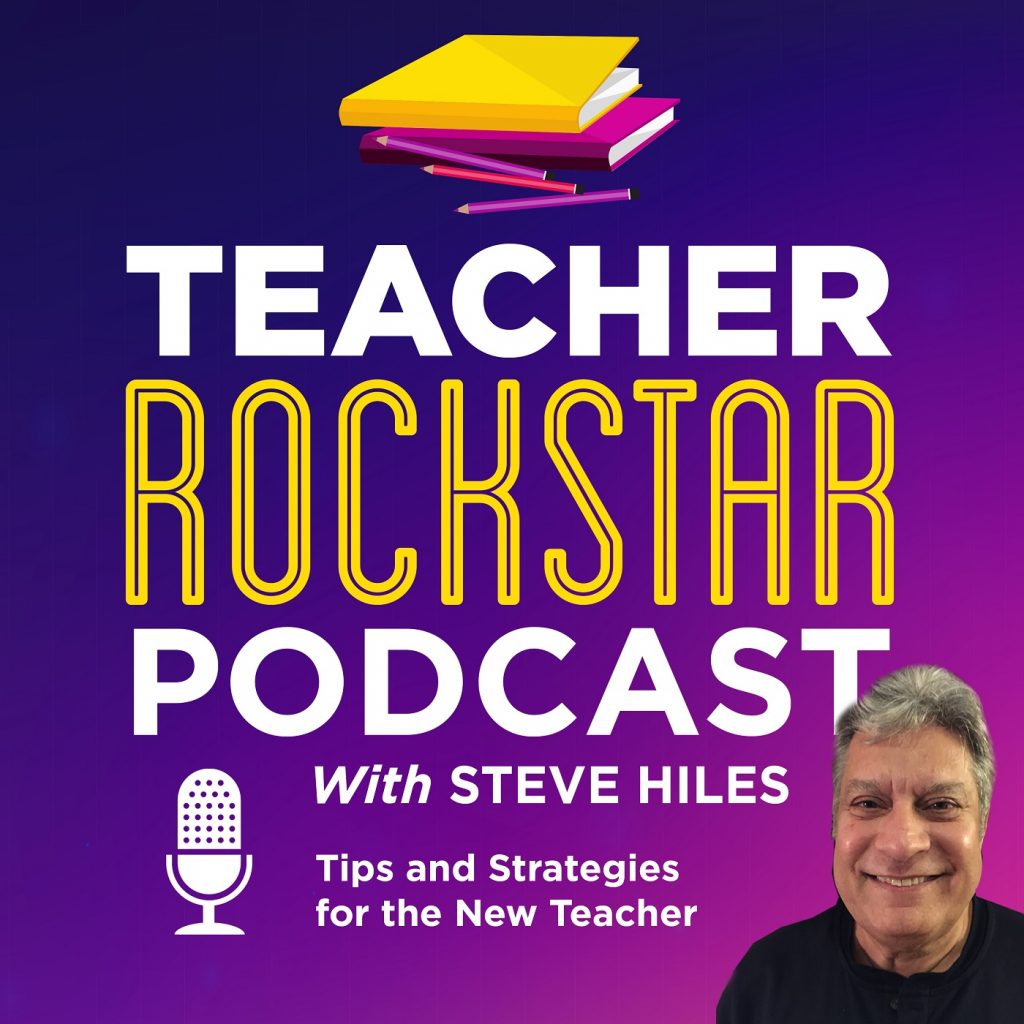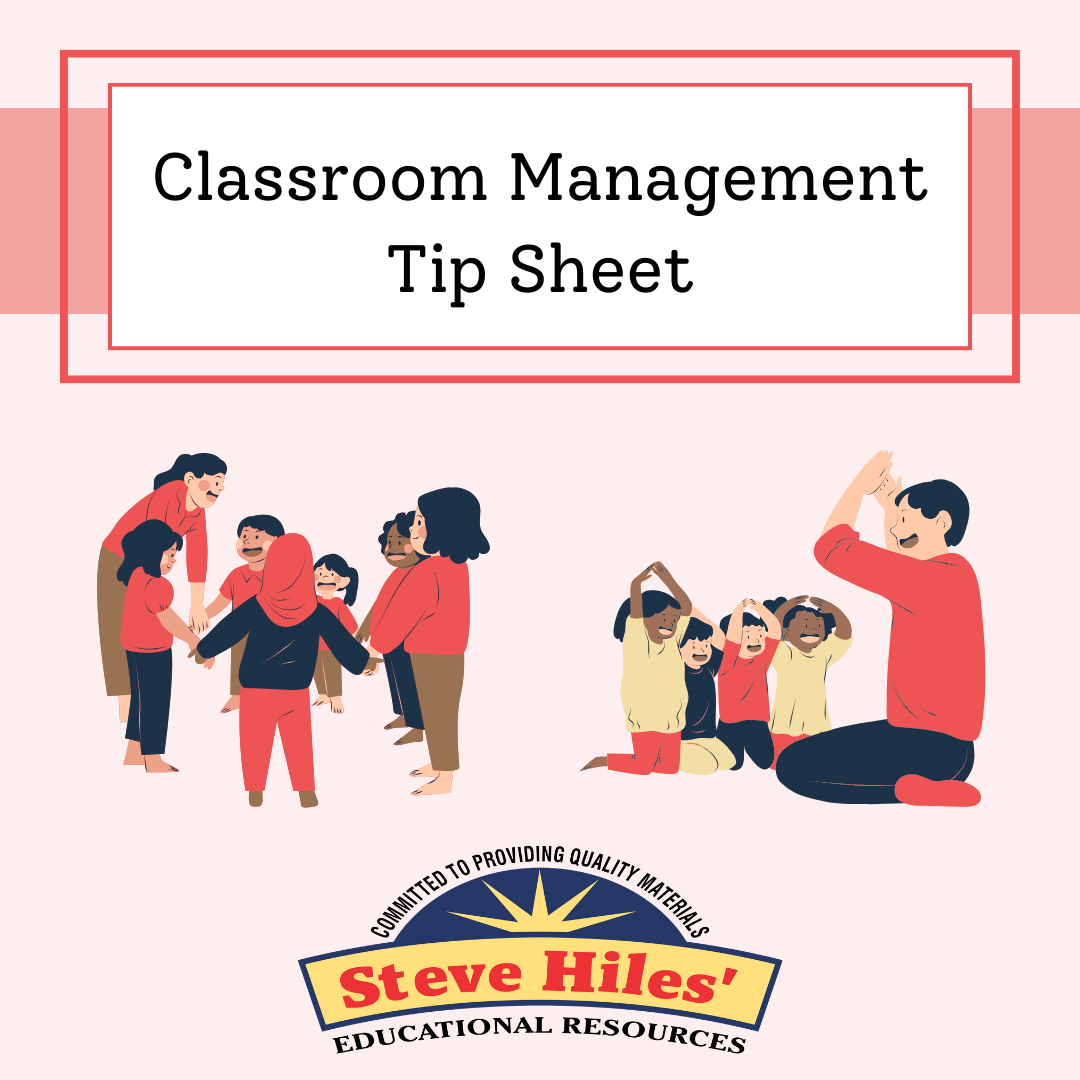Have you ever done something so impulsive—so colossally dumb—that five seconds later you’re thinking… “Welp, there goes my career?”
Yeah. That was me. Day 11 of my first-year teaching.
The day I thought I had it all figured out… until I made one mistake that nearly cost me everything I’d worked for.
But here’s the kicker—this mistake? It’s so common that if you’re a new teacher, there’s a high chance you’re making it too… and you don’t even realize it.
So, what was the mistake?
I tried to be… “nice.”
I thought if I was the cool teacher… the fun one… the “don’t worry about that late homework, you’re probably just having a rough day” kind of guy… then the kids would naturally respect me, listen, and we’d all just vibe.
Spoiler alert: We did not “vibe.”
What actually happened?
My classroom turned into Lord of the Flies by week two.
According to a 2022 EdWeek survey, 44% of new teachers leave within the first five years—most citing classroom management as the reason.
That stat? Not just sobering. It’s a flashing red warning light on your teacher dashboard.
And that’s what I missed.
Being liked is not the same thing as being respected.
Respect isn’t something you can smile your way into. It’s built through consistency… clarity… and consequences that are fair and firm. Not through trying to win “Most Popular Teacher” like it’s high school prom.
So why do so many new teachers fall into this trap?
Because we care. We want to be the teacher we wish we had. Someone who understood us. Gave us grace. Didn’t treat us like a robot with a backpack.
But here’s where the rubber meets the road: Students don’t feel safe in chaos. They push boundaries not because they hate you… but because they need to know where the boundaries are.
Imagine walking onto an airplane… and the pilot says: “I’m not really into rules—I just kinda feel the vibe and wing it.”
Would you stay on that flight?
Exactly.
Your students feel the same way when expectations aren’t clear.
So, what did I do?
I stopped chasing likeability… and started building credibility.
I established routines. I followed through on consequences. I created procedures for everything—lining up, turning in work, getting materials.
No guesswork. No chaos.
And guess what?
The kids respected it. The chaos faded. And my sanity returned.
The shift that saved it all: I started every single day with three simple things:
- A warm greeting at the door.
- A visible, consistent daily agenda.
- A reminder of one classroom expectation we all agreed to.
That’s it. No theatrics. No TED Talks. Just structure and consistency.
And what happened? The classroom climate shifted. My students knew what to expect. I wasn’t “mean”—I was predictable. And in the world of kids, predictability = safety.
Here’s the beautiful irony: When I stopped trying to be liked, I became more respected… and ultimately, more liked. Because I gave them the structure they needed… and showed them I cared by being the adult in the room.
It wasn’t magic. It was a mindset shift. One small, consistent change saved me from burnout, chaos… and honestly, from quitting.
If you’re feeling like your classroom is spiraling—or your students are running the show—you’re not alone. But you are NOT powerless. Avoid the mistake I made. Don’t chase being liked—build structure, earn respect, and the connection will follow.
If you’re ready to dig deeper into how structure can turn things around, I share the exact routines and strategies that helped me pull my class out of chaos in How to Handle Disruptive Students. It’s the blueprint I wish I’d had before Day 11 went sideways.
And if you want to see how common—and fixable—this “too nice” trap really is, Edutopia’s article 4 Common Classroom Management Mistakes New Teachers Make—and How to Avoid Them breaks it down, with consistency topping the list. Reading it felt like they’d been hiding in the back of my classroom taking notes.
You’ve got this. You really do.
If this post hit home—or made you laugh nervously because it’s a little too real—share it with a fellow teacher who needs to hear it. And hey—if you’re feeling kind—leave a review. It helps us reach more awesome educators like you.







